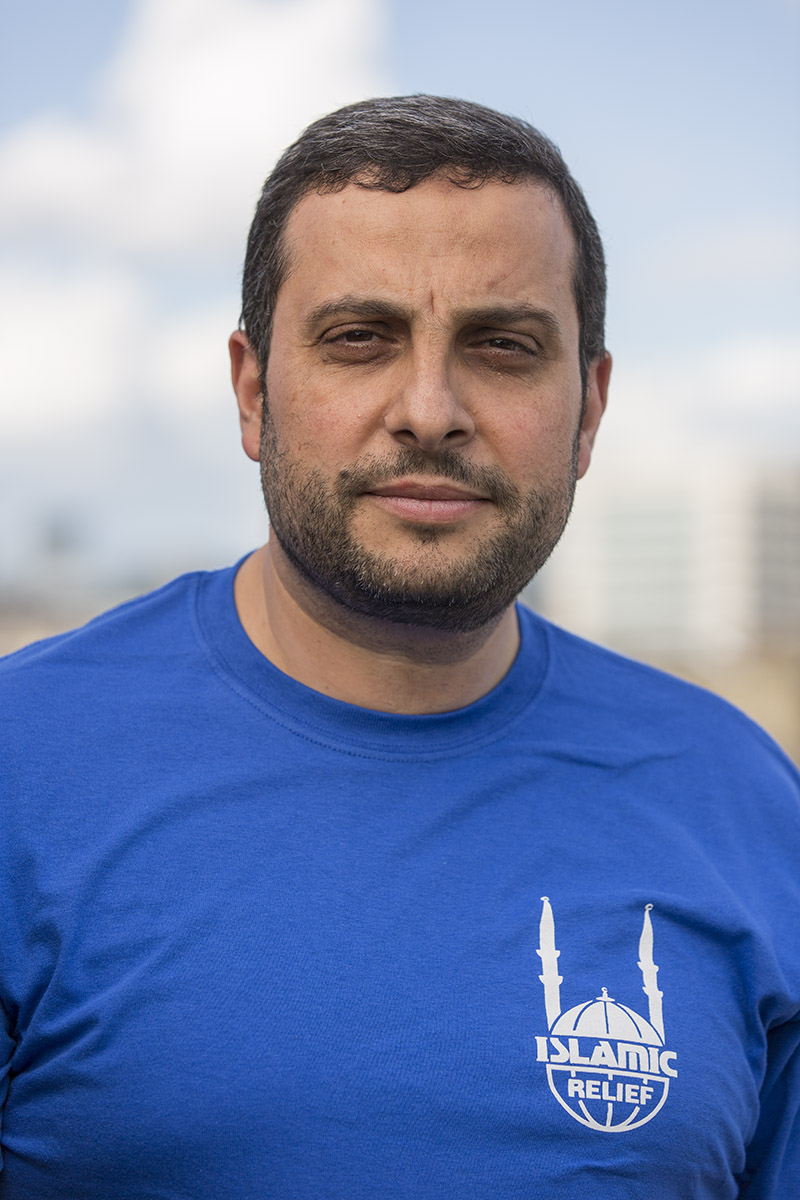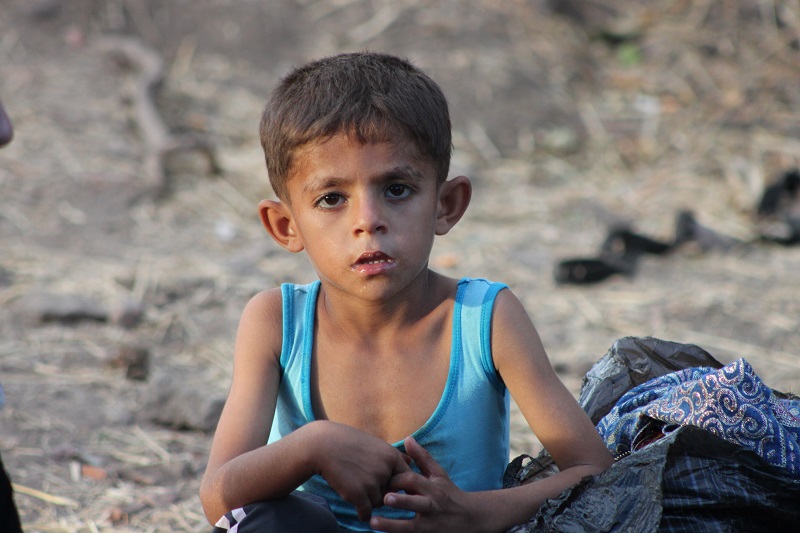Every day we are hit with another heart-breaking glimpse into the horror of the unfolding global refugee crisis. Photographs and footage of Aylan Kurdi, a Kurdish-Syrian three-year old who drowned with other members of his family as they tried to reach safety in Europe, tear at our souls.
These tragic images have triggered an outpouring of grief, compassion and pressure for immediate action to end the suffering. Yet victim-blaming in some quarters still threatens to plunge much-needed dialogue into a black hole from which no solution can be found.

Director for Global Communications and External Relations
‘Why would they put their child to sea in a flimsy dinghy?’ ask some, from the comfort of their armchairs in cosy suburbia. ‘What were they thinking?’
For those of us fortunate not to live in war zones, who are not persecuted or destitute, it is perhaps an understandable question. It is hard to imagine the incredibly difficult decisions that refugees must take if they want to share the safety that we take for granted.
It is easy to overlook the desperate reality that these mothers, fathers, grandparents, aunties and uncles put the children they love on boats because the sea is safer than the land. They do so because safe and legal options to reach safety are closed to them.
I came to the UK in the 80s, escaping years of war in Lebanon. I know what it means to leave everything and risk anything to get to a safe place.
Aylan was from war-torn Syria, as are the majority of the refugees in this mass displacement. Islamic Relief aid workers deep inside Syria, in neighbouring countries and in parts of Europe where families are fleeing have heard firsthand from large numbers of those suffering in this brutal conflict. They describe their deep love of their country, and their despair because now there are few, if any, safe places left in Syria.
Many who remain in Syria live in constant fear of barrel bombs – crude explosive devices dropped from helicopters, designed to kill and maim. Some 4.7 million people are living in besieged, hard-to-reach areas, and at least 7.6 million people are internally displaced in total. Around 12.2 million people need humanitarian aid, and over four million Syrian refugees are registered in just a handful of neighbouring countries.
Such huge numbers require big questions and honest answers:
Are we doing enough? No. While some safe havens wrangle about resettlement quotas, countries such as Jordan, Turkey and Lebanon have been hugely generous but are straining to meet the needs of a swelling refugee population. Iraq is hosting Syrian refugees and grappling with its own conflict, which has forced more than 2.6 million people from their homes.
Humanitarian organisations like Islamic Relief are working on the ground to ease the hardship of refugees, but available funding and resources are running scandalously short.
The UK Government announced on Friday that there is to be a welcome increase of £100 million in UK funding to help those whose lives have been shattered in the conflict, and a modest increase in the number of Syrian refugees that the UK will take in. But much more support is needed to ease the pressures pushing desperate refugees to risk perilous journeys to reach Europe.
Could we do more? Yes, absolutely – and we must. While there is no easy fix for this brain-twistingly complex situation, the consequences of inaction are devastating.

We need short-term interventions such as the establishment of Bosnia-style no fly zones and humanitarian corridors. We need better resourced humanitarian organisations that are empowered to help those most in need, wherever they are. We need urgent and decisive political solutions to end conflict in the region.
And until peace is achieved, we need countries in Europe and elsewhere to dramatically scale up and speed up their resettlement programmes. Countries in the Middle East are struggling to meet the growing needs. They cannot do so indefinitely. Others must step up too.
The photo of Aylan and his five-year old brother smiling together segued into grim tragedy when they were locked out of fortress Europe, but the refugee crisis will not be resolved solely by EU member states. As a global crisis, it falls on each and every one of us to be part of the solution.
Rather than wring our hands in indignation or despair, we must reach out to the vulnerable people who need us. We must not fail others, as we failed Aylan and his family.
Today, the defining image of the crisis is one of gut-wrenching tragedy. Let us do justice to Aylan and millions of other refugees by replacing it with solidarity, responsibility and hope.
As well as providing life-saving aid inside Syria and neighbouring countries such as Iraq, Jordan, Lebanon and Turkey, Islamic Relief is also assisting refugees in numerous European countries including Greece, Italy and Germany. The organisation is currently appealing for support for its emergency response to the Mediterranean refugee crisis.
Donate









